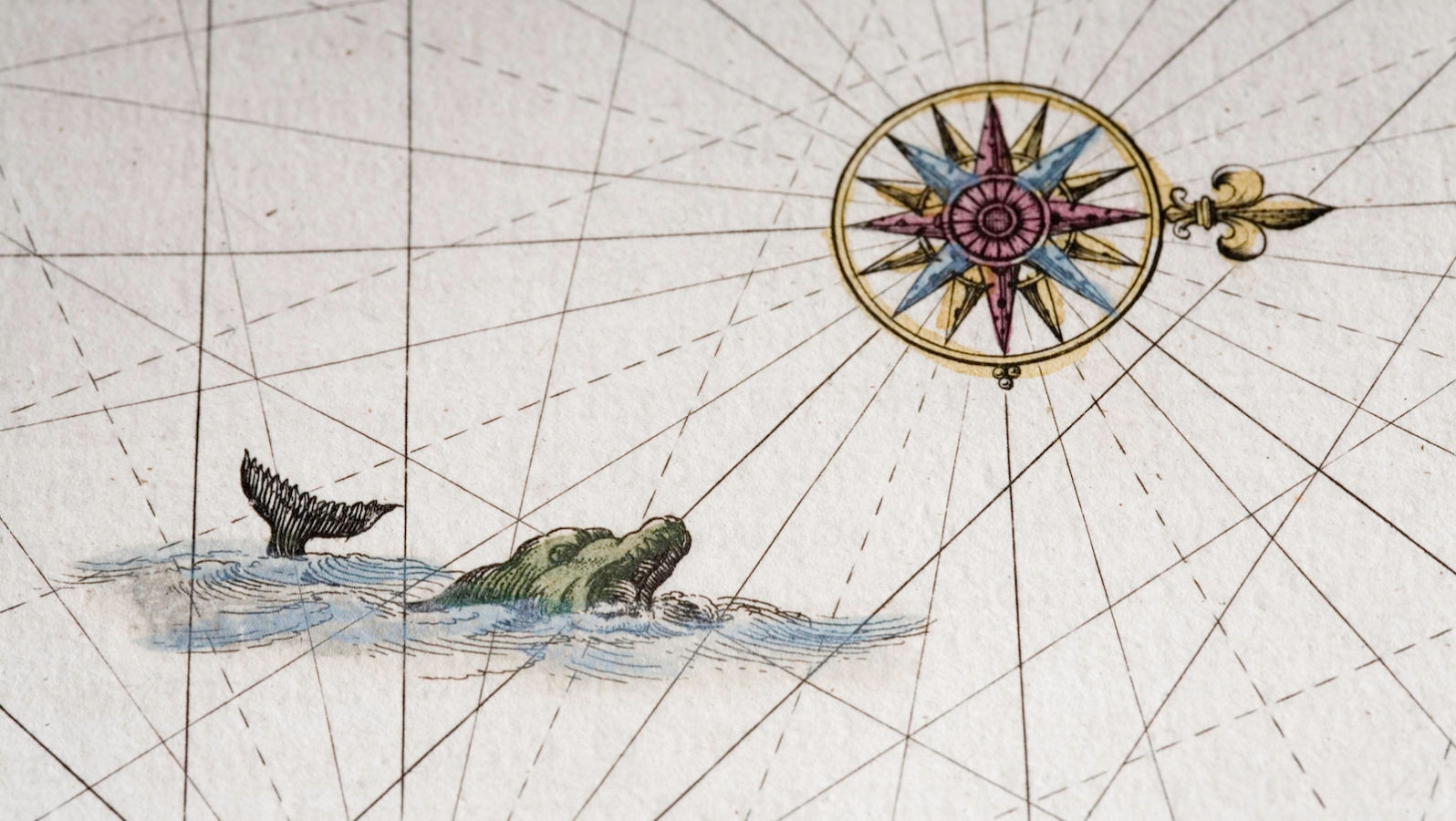Commentary on Parashat Vaera, Exodus 6:2-9:35
The Nile River figures prominently in the story of the Israelites in Egypt. In Parashat Shemot, Pharaoh decrees that all Hebrew newborn boys be thrown into the river (Exodus 1:22), and Pharaoh’s daughter finds baby Moses floating in a basket on the Nile (Exodus 2:6).
In this week’s Torah portion, Vaera, Moses hits the Nile with his staff and it turns to blood (Exodus 7:20). He later hits it again to bring about the plague of frogs (Exodus 8:2).
The Nile as God
Since the Nile was a major source of fertility in otherwise arid Egypt, these assaults on the Nile were particularly painful for the Egyptians. Moreover, some scholars believe that the ancient Egyptians actually worshipped the Nile; seeing it turned to blood or infested with pests would be a real cause for panic.
Pharaoh The Sea Monster
The Haftarah for Vaera is a prophecy about Egypt’s downfall, and it too uses the Nile as a central motif. Ezekiel foretells that God will punish the current Egyptian Pharaoh, whom he describes as “Mighty monster, sprawling in the Nile channels” (Ezekiel 29:3).

Help us keep Jewish knowledge accessible to millions of people around the world.
Your donation to My Jewish Learning fuels endless journeys of Jewish discovery. With your help, My Jewish Learning can continue to provide nonstop opportunities for learning, connection and growth.
Pharaoh is the sea-monster of the Nile, Ezekiel explains, and God will drag him out with sharp hooks. God will fling the sea-monster into the desert, with the fish of the Nile sticking to its scales. Abandoned, the monster will become food for the beasts of the earth and the birds of the sky (29:4-5).
The Sin of Arrogance
Egypt’s sin, Ezekiel explained, is arrogance. By claiming that “The Nile is mine and I made it” (29:9), Pharaoh and the Egyptians deny God. This earns them complete destruction. Nebuchadrezzar, Ezekiel promises, will bring about the destruction of Babylon: “He shall carry her wealth and take her spoil and seize her booty; and she shall be the recompense of his army” (29:19). Egypt will remain desolate for 40 years.
In closing, Ezekiel states that Egypt’s downfall will endow Israel with strength. This event will be recognized as a symbol that the God of Israel is true.




